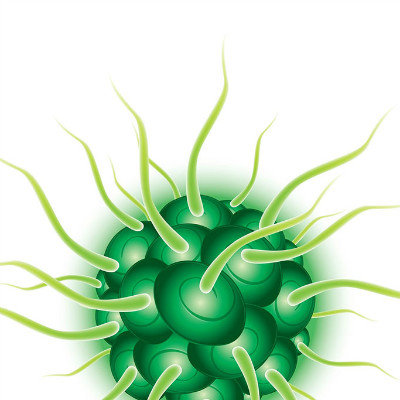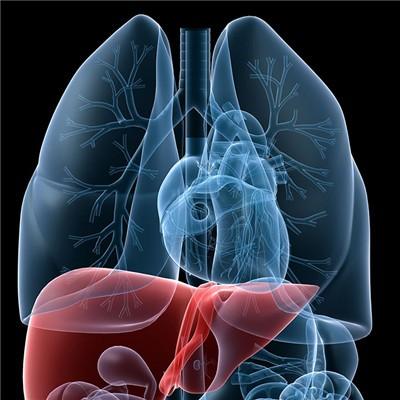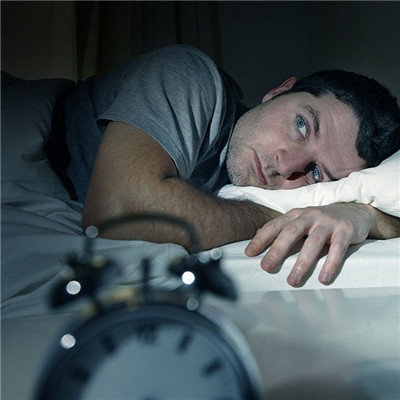What are the main symptoms of obsessive-compulsive disorder?
summary
Obsessive compulsive disorder belongs to a type of anxiety disorder. It is a group of neuropsychiatric diseases with forced thinking and forced behavior as the main clinical manifestations. It is characterized by the coexistence of conscious compulsion and anti compulsion, and some meaningless, even against their own will ideas or impulses repeatedly invade the daily life of patients. What are the main symptoms of obsessive-compulsive disorder? Next, I'd like to share my views with you.
What are the main symptoms of obsessive-compulsive disorder?
First, compulsive thinking can be divided into compulsive concept, compulsive emotion and compulsive intention. There are various contents, such as repeatedly doubting whether the doors and windows are closed tightly, whether you will get sick when you encounter dirty things, why the sun rises in the East and sets in the west, and the impulse to jump down when you stand on the balcony.

Second: compulsive behavior is often an action that has to be taken in order to reduce the anxiety caused by compulsive thinking. Patients know that it is unreasonable, but they have to do it. For example, if patients have the idea of doubting whether the doors and windows are closed tightly, they will check the doors and windows repeatedly to ensure safety; Patients who are afraid of getting sick will wash their hands repeatedly to keep clean.

Third: some patients with prolonged course of disease often repeat certain actions, and form a certain procedure over time. For example, when washing their hands, they must start to wash from the fingertips and continuously wash to the wrists. If the order is reversed or interrupted in the middle, they have to start to wash again, which often costs a lot of time and is extremely painful.

matters needing attention
Remember to communicate more with others in life and work, and try to reduce your time alone. Usually, obsessive-compulsive symptoms will be alleviated or even disappeared. However, if obsessive-compulsive behavior has affected life and interpersonal communication, we should go to professional psychological medical institutions for consultation and treatment.










